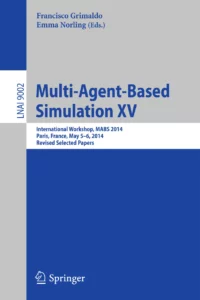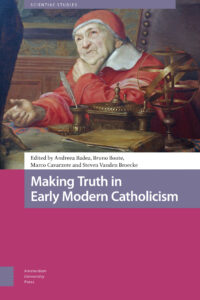This paper describes an agent-based model to investigate the origins of gender differences in social status. The agents’ basic behaviour is modelled according to Kemper’s sociological status-power theory. Differences in the socializing forces of the surrounding society are modelled using Hofstede’s dimensions of culture. Particulars of play behaviour are modelled using experimental child development studies from various cultures. The resulting model is presented and discussed. Social identity as a group of either non-gendered children, boys, or girls, seems a powerful force, multiplying the effect of biological differences. The model is actually general enough to be applicable to a wide range of social behaviours with minimal changes.
This publication is available in the NIAS E-Library



